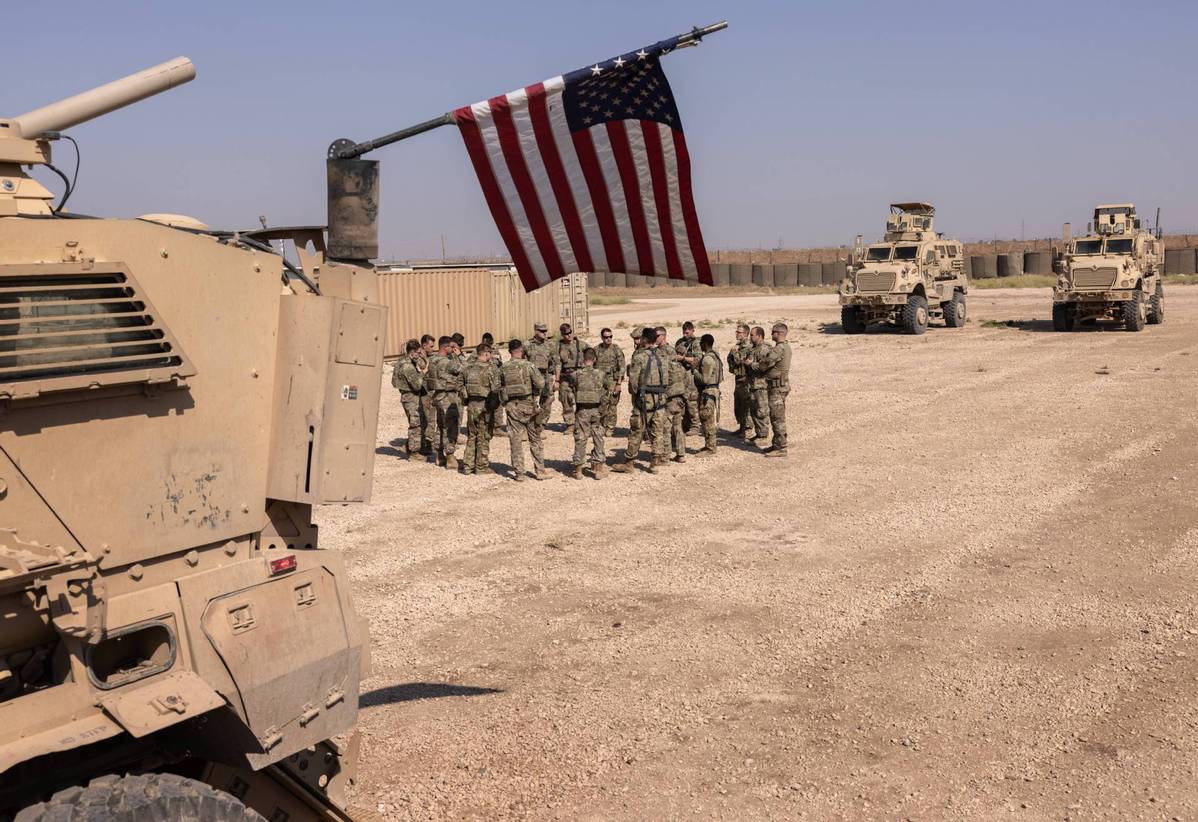9/11 20 years on: What US 'anti-terrorism' wars left behind

US-exported wars disturb world order, harm regional political situations

The world order is "no better off" and the United States is "certainly much poorer off -- reputationally and fiscally" 20 years after it initiated post-9/11 wars on terror, Sourabh Gupta, a senior fellow at the Institute for China-America Studies, has said.
"I would submit that the past 20 years, and more broadly the years since the end of the Cold War, will rank as being among the most disastrous eras in the history of US foreign policy," he said.
After the Cold War, the United States "could have chosen global leadership by consensus," Gupta said. However, it chose to "impose on the world an America-dictated vision of order."
Political experts pointed out that ever since the US launched an international war on terrorism following the Sept 11 attacks, its policy has been defined mainly by military interventions to reshape the Middle East in accordance with its own vision and agenda, not for the benefit of the people in these countries.
As Edward Lozansky pointed out in his article in The Washington Times on Aug 31, the US destroyed the previously stable states of Iraq, Syria and Libya, unleashing in those countries unprecedented levels of anarchy, chaos and violence.
"The US is a democracy where the administration changes every four years-and with it, war strategy," Torek Farhadi, who served as an adviser to former Afghan president Hamid Karzai, said. "The result is a mishmash. The US tolerated corruption in Afghanistan. The American public was too remote from this to really know what is going on."
























